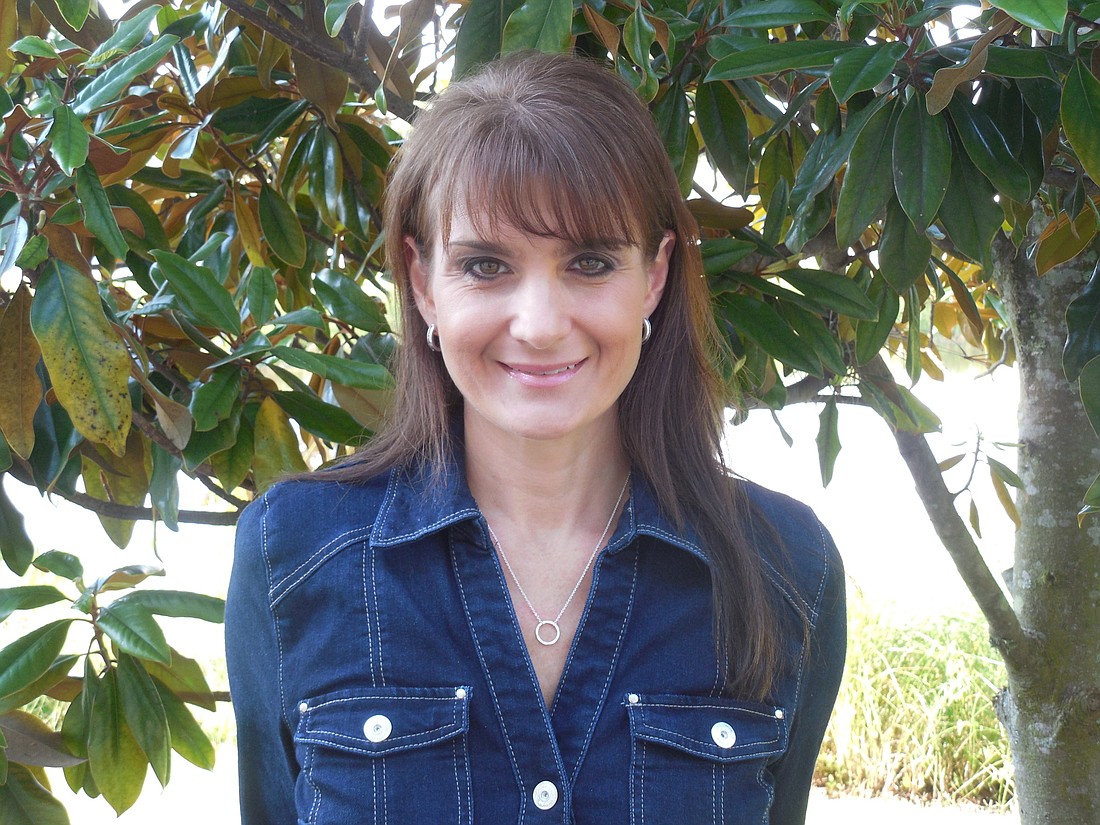- November 22, 2024
-
-
Loading

Loading

Flagler County’s tourism industry was hit hard by Hurricane Dorian in 2019, but it was on the rebound in early 2020. A good Bike Week in March added to the optimism of Amy Lukasik, tourism development director.
Then, COVID-19 hit.
Lukasik spoke with the Palm Coast Observer about the impact the virus has had on tourism, including the likelihood that tourism dollars will not be available to fund Fourth of July fireworks this year, if any large gatherings are allowed by then anyway.
The American Hotel and Lodging Association reported recently that, nationally, 70% of hotel employees have been laid off or furloughed, and 80% of hotel rooms are empty. Is Flagler County in the same situation?
I would say yes. They’re down to skeleton crews, is what they’ve been telling me: one housekeeper, one desk person, one maintenance person, the manager. And sometimes the manager’s doing check-ins, too — the ones that are still open. A lot of the mom-and-pops, of course, had to shut down. Vacation rentals, because of the governor’s order, have had no new bookings.
The highway hotels see a lot of cruise ship business, so once the cruises stopped, which was pretty early on, that immediately had an impact on them.
If Flagler County tourism efforts are funded by collecting 5 cents on every dollar related to hotel stays, how will COVID-19 impact local tourism funding?
We got our unaudited March numbers, and it looks like we’re going to be 32% down in revenue for March in bed tax. And that’s with only being closed two weeks. We were open for Bike Week, and we had a great Bike Week.
"When that first wave of tourists hit, people will be staying closer to home. They want to go to the beach, and they’ll be looking for those wide open spaces, less populated communities. So a lot of things that haven’t been in our favor, are all in our benefit this time."
AMY LUKASIK, tourism development director
Just for March, we are down $116,251, unaudited. Knowing that, we began looking at our current budget, and what we can begin to cut. We’re looking to cut around $300,000 from this fiscal year’s budget, and our operating budget is $1.5 million.
We are still “soft advertising” on social media, where it’s very inexpensive. We’re not saying, “Come say here and book,” but it’s inspirational imagery of the beach, that mental escape, a mellow moment. We want to stay top of mind, because when that first wave of tourists hit, people will be staying closer to home. They want to go to the beach, and they’ll be looking for those wide open spaces, less populated communities. So a lot of things that haven’t been in our favor, are all in our benefit this time.
Other than that, everything is on the chopping block, including local programs that our locals benefit from. We will be proposing that we no longer offer the grant program this fiscal year. Next year, that’s also on the table.
April could be an 80% drop in bed tax revenue.
The TDC also spends $45,000 on the fireworks celebrations in Palm Coast and Flagler Beach for the Fourth of July. Will that funding have to be cut?
That hasn’t been 100% decided with the municipalities, but that’s the way it’s looking. It’s 60 days or 70 days away, so a decision is going to have to be made. We’re waiting to see what the governor says about large-scale events and gatherings. A lot of communities are going to be doing a virtual Fourth of July.
How long do you think it will take until hotels are operating at full strength again?
Oh, if I had that answer … I mean, it's just going to look different. Take the Hammock Beach Resort. They’re a huge meeting and conference facility. If people have to be six feet apart, they can only get a certain number of folks in the room, so that’s less food and beverage, less attendees.
They’re saying it could take a year to get us to where our new normal is, and what that new normal is, that still remains to be seen.
What other businesses are impacted by reduced tourism?
Let’s say we have a big lacrosse tournament come to town, and those youth players go to Houligan’s to eat, and the kids go into the bathroom, and they start goofing off and throwing paper towels down the toilet, and the plumber has to be called. That plumber benefited, in a strange way, from tourism. It’s true, it happens.
Publix in Flagler Beach is very aware when the tournaments come to town because the parents start ordering the large sandwich planters. So if you’re a deli worker in Publix, tourism does affect you.
When a restaurant isn’t open or has to cut their staff, that’s less workers, less servers. Obviously, that server benefits from tourism, and she goes to get her hair done or nails, or gets child care, and that affects other industries.
It’s important to note that everyone is anxious to restart the economy, but even if the governor says restaurants can open, you have people who aren’t ready to go out in public still.
Opening back up isn’t going to be the magic pill for these businesses. It’s a long road. A long, uncertain road.
Do you see any encouraging signs for recovery?
As of last week, the percent of people canceling a trip because of the coronavirus is at a four-week low, it’s at 63%. The perceived safety of large events continues to improve. There’s also a decline in the number of Americans saying they will avoid travel until the coronavirus is over. The bad news is that postponements of trips are at a four-week high of 52%. So, people are less likely to cancel but more likely to postpone.